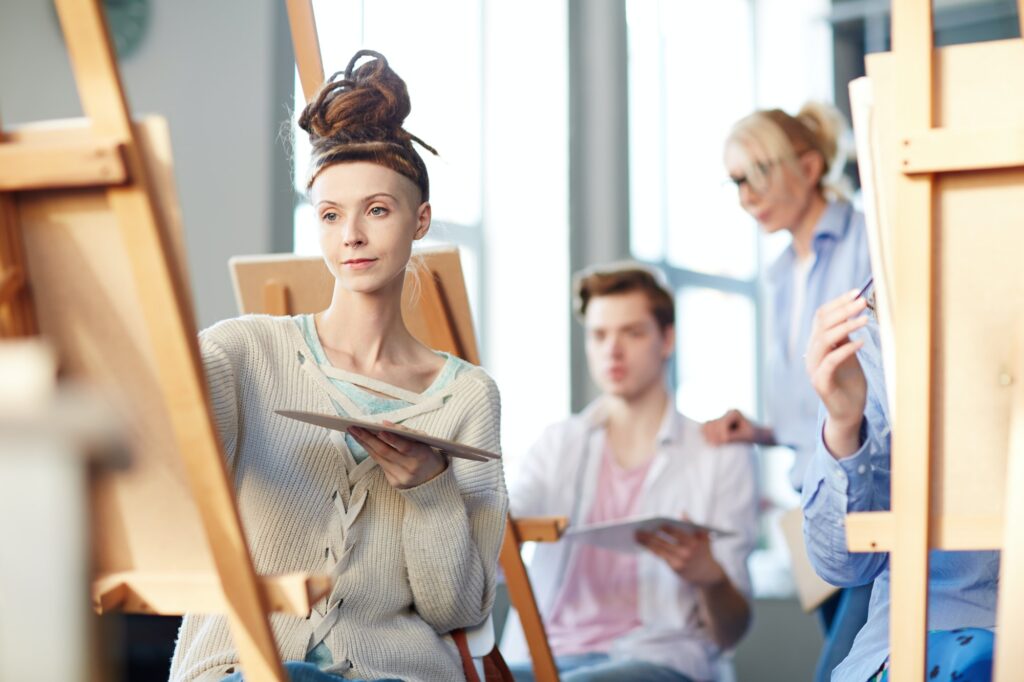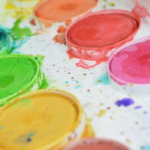Sharing your innermost thoughts and feelings couldn’t be simpler or more effective than through painting, and many people painting and other forms of art, to be an incredibly cathartic experience.
If you would like to take up painting, but haven’t wielded a paintbrush since you were at nursery (if at all), here are some things you definitely should do to learn how to do it, along with some things you definitely shouldn’t do.
Let’s look at the do’s first:
Do:
Test out a range of brushes and paints
There are lots of different sizes and types of paintbrush, and it’s important to experiment with a few until you find the one that suits both your style, and the paint that you’re using. You may also find it useful to test out different paints, like oils or acrylics.
Use light colours to begin with
If you’re a novice painter, it’s best to begin with lighter colours, since they’re easier to mix until you find the shade you want. You can then go on to add other colours, working towards a painting that looks neither too dark or too bright.
Darker colours tend to make paintings look muddy, particularly for novices, and are generally harder to work with. But, with plenty of practice, you should soon be able to start mixing colours, even darker ones, to get natural colours that suit the subject matter.
Take classes at a professional art studio, school, or community centre
Even if you don’t believe that you can paint, attending a formal class may well prove you wrong. Check out painting classes in your area, and sign up for those that match the type of painting you’d like to pursue.
You’ll learn about all the different techniques of painting, how to mix colours successfully, and how to create compositions.
Now we need to look at the don’ts of painting for novices:
Don’t:
Copy the work of other artists
It might be tempting to mimic the work of those artists you admire, but if you want to create original pieces of art that are truly memorable, you’ll need to find your own style. You can still study the work of other artists, however, and doing so might help you find what makes their paintings unique, and give you some insight into creating your own unique pieces of art.
Get disheartened if your paintings don’t turn out how you wanted them to
No artist can consistently produce paintings that they’re satisfied with, so expect to create some paintings that you’re not entirely happy with. You should try to learn from the experience though, and ask yourself why it didn’t come out in the way you wanted it to.
Rush things
Painting is sometimes more about the journey than the end result, so take your time and enjoy the process of creating a beautiful piece of art that reflects your soul, instead of becoming focused on quickly getting it finished. That said, it doesn’t pay to leave a painting for too long without working on it, and if you want to get better, regular painting is a must.
You don’t have to become a Picasso or a Monet to get something truly fulfilling from painting, and even if you attend classes at your professional local art studio, there’s no pressure for you to do anything other than enjoy painting, and express yourself through art.



